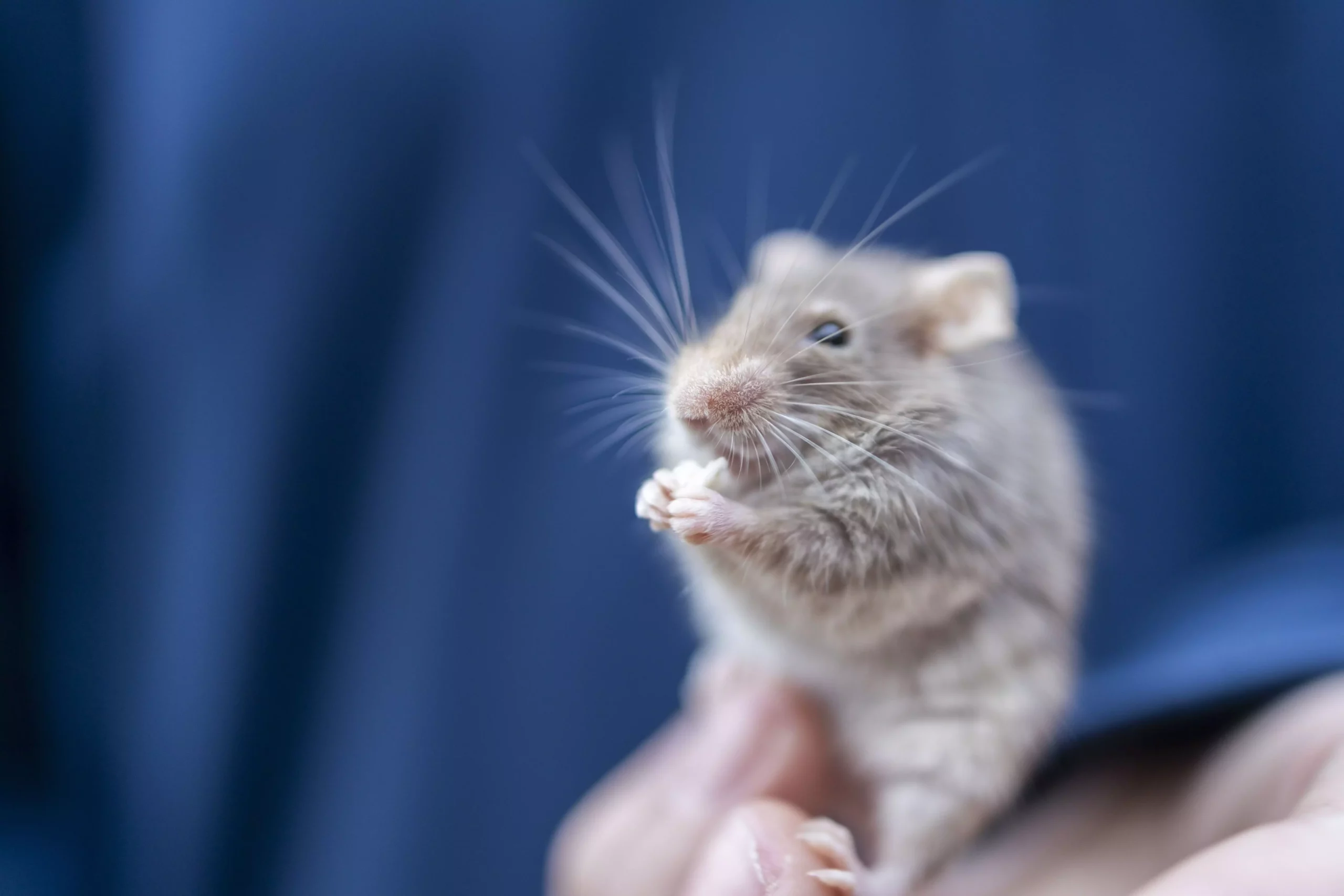When it comes to selecting a pet, many people are drawn to the charm and simplicity of small rodents like mice. These tiny animals offer delightful companionship and require minimal maintenance, making them appealing for pet owners looking for low-maintenance friends. However, potential owners must be aware that, while pet mice can be entertaining and require fewer demands than larger pets, they come with their unique needs and considerations.
Pet mice, scientifically known as *Mus musculus*, are characterized by their small size, typically measuring between 5 to 7 inches from nose to tail and weighing approximately one ounce. These creatures boast a variety of colors and patterns; their bodies are sleek with short fur, rounded ears, and long hairless tails. While they’re naturally skittish and can be challenging to handle compared to larger rodents like rats, mice can learn to tolerate and even enjoy human interaction, especially if they are socialized and handled from a young age.
Being nocturnal, mice are most active during night hours, which means they will likely sleep throughout the day. Therefore, new owners should ensure that their pets’ living environment accommodates this natural cycle to minimize disturbances and promote a healthy lifestyle.
Creating a suitable habitat for pet mice is crucial for their well-being. According to experts, a minimum of a 10-gallon aquarium or a similarly sized wire cage is appropriate for up to four mice. While wire cages provide better ventilation, it’s essential that the space between the bars isn’t wide enough for the mice to escape. Moreover, solid flooring is preferable to prevent injuries that can occur from wire bottoms.
Mice thrive in environments that mimic their natural habitat. This necessitates plenty of climbing opportunities, hideouts for security, and entertaining toys. Exercise wheels, tunnels, and safe chew toys not only keep them engaged but also help maintain their health by encouraging physical activity.
When setting up their habitat, it’s vital to use proper bedding material. Aspens shavings or paper bedding is often recommended over cedar or pine due to harmful oils that can affect mice’s health. Owners should strive to provide a clean, comfortable living area, as hygiene is crucial to prevent illness.
Mice are inherently social animals. They typically do best when housed in pairs or small groups of females, as they can engage in natural social behaviors. However, caution is necessary with male mice, as they can exhibit aggressive tendencies toward each other unless they are littermates that have been together since birth.
It is advisable to avoid housing male and female mice together unless the intention is breeding. Mice can multiply rapidly, and potential owners must be aware that accidental litters can lead to an overwhelming number of pets.
Introducing mice to their new owners requires time and patience. This includes letting them acclimate to the presence of humans and providing treats to encourage trust. Carefully handling mice is essential, as improper methods can lead to injuries or stress. Ideally, individuals should scoop mice up gently, ensuring they are secure but not frightened.
Feeding pet mice require attention and a consistent routine. A balanced diet rich in nutrients is essential; specialized rodent pellets containing about 16% protein, 18% fiber, and 4% fat are considered ideal. In addition, fresh fruits and vegetables can supplement their diet, but care should be taken to remove uneaten leftovers to avoid spoilage.
It is important for mouse owners to establish a feeding schedule that coincides with the mice’s nocturnal habits. Fresh water should always be accessible, with many owners opting for a bottle attachment to maintain cleanliness.
While mice are relatively hardy pets, they are not without health issues. Common ailments include tumors and gastrointestinal issues. Regular check-ups with a veterinarian specializing in exotic animals ensure that medical concerns are addressed promptly. Identifying signs of distress, such as changes in appetite or abnormal swelling, is crucial for all pet owners.
Mice also necessitate dental care, as their teeth grow continuously throughout their lives. Chewing on appropriate materials such as wooden blocks plays an essential role in natural teeth maintenance, reducing the need for professional care.
Pet mice can be a delightful addition to any home, especially for those who appreciate their unique characteristics and charm. They require commitment in terms of care, habitat, socialization, and health monitoring, but the rewards of companionship and entertainment they offer can be truly fulfilling. Before considering adding mice to your life, evaluate your ability to meet their needs and engage positively with these small yet fascinating creatures. Being fully informed ensures a happier experience for both pet and owner alike.

